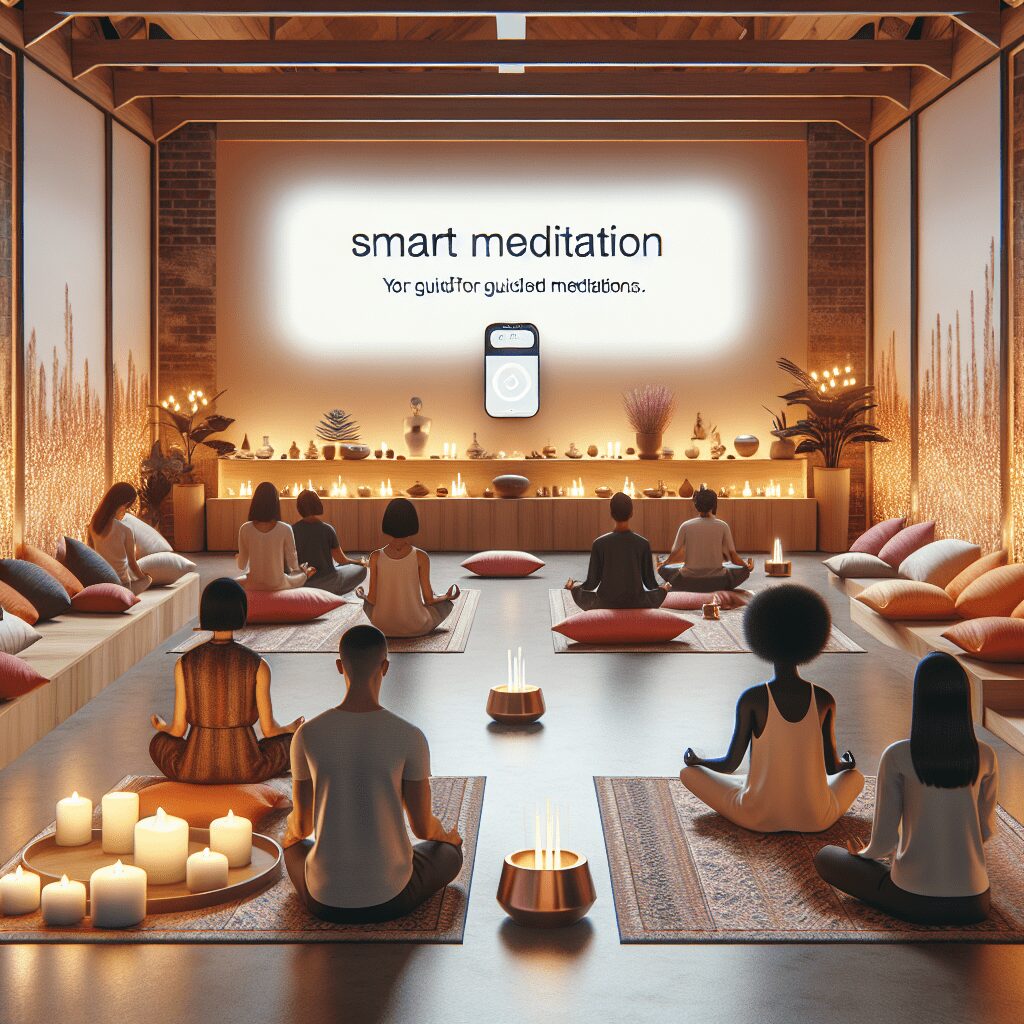
Prioritize your mental well-being daily. Enhance your life by nurturing your mental health with the Smart Meditation app. Break free from stress, alleviate anxiety, and enhance your sleep quality starting today.
Which Is Less Addictive Xanax Or Ambien?
Unraveling the Enigma: Xanax vs. Ambien
In the bustling world we live in, with its relentless demands and stressors, it’s no wonder many find solace in the arms of sleep aids and anti-anxiety medications. Among the pantheon of these pharmaceuticals, Xanax and Ambien stand out as popular choices. But here’s the million-dollar question: Which of these two is the lesser evil in terms of addiction?
The Battle of Dependencies: Xanax and Ambien Exposed
Let’s dive into the gritty details and shed some light on this conundrum.
Xanax: The Anxiety Alleviator
Xanax, or alprazolam if you want to get technical, is a benzodiazepine that’s been a go-to for those wrestling with anxiety and panic disorders. It’s like the friend who calms you down during a freak-out, but this friend can sometimes overstay their welcome. You see, Xanax works by boosting the activity of neurotransmitters in the brain that produce a calming effect. Sounds great, right? Well, not so fast.
The catch here is that Xanax can be habit-forming, and your body might start craving this calmness a tad too much. Before you know it, you could be on the road to dependency city, population: too many. The risk of addiction and withdrawal symptoms makes Xanax a player that’s tough to bench, especially for those who’ve been in the game for an extended period.
Ambien: The Sandman’s Assistant
On the flip side, we’ve got Ambien or zolpidem, a hypnotic that’s in a class of its own, literally. Ambien is often seen as a knight in shining armor for those plagued by insomnia. By activating GABA receptors in the brain, it ushers in the Sandman, facilitating sleep. However, while it might seem like the lesser of two evils compared to Xanax, Ambien too has a dark side.
Though generally considered to have a lower risk of dependence than benzodiazepines, Ambien is not without its vices. Its potential for abuse and addiction, though less prevalent, does exist, especially when used long-term or not as prescribed. The chances of developing a habit are there, lurking in the shadows of the night.
So, Which Is The Lesser Addictive Evil?
Here’s the rub: comparing the addictive potential of Xanax and Ambien isn’t as straightforward as one might hope. Both can be habit-forming, but their risk profiles differ significantly due to their pharmacological differences and the conditions they treat.
Xanax, with its benzodiazepine backbone, carries a higher risk of physical dependence and addiction. Its use is often more closely monitored due to its potential for abuse, especially among individuals with a history of substance misuse.
Ambien, while not a free pass, tends to have a slightly lower risk of addiction. However, it’s essential to remember that “lower risk” doesn’t mean “no risk.” Cases of Ambien dependence, though rarer, do occur and can be particularly challenging to overcome due to the psychological dependence that can develop with prolonged insomnia treatment.
The Final Verdict
In the duel between Xanax and Ambien, if we’re talking strictly addiction potential, Ambien might just clinch the title for being less addictive. However, and this is a big however, it’s crucial to approach both with caution. Dependence on either can sneak up on you like a thief in the night, turning what was once a sanctuary of solace into a prison.
Always consult with a healthcare professional before dancing with either of these pharmaceutical partners. Your mental and physical well-being is paramount, and it’s essential to tread carefully when navigating the complex world of medications. After all, the goal is to regain balance, not tip the scales further into disarray.




